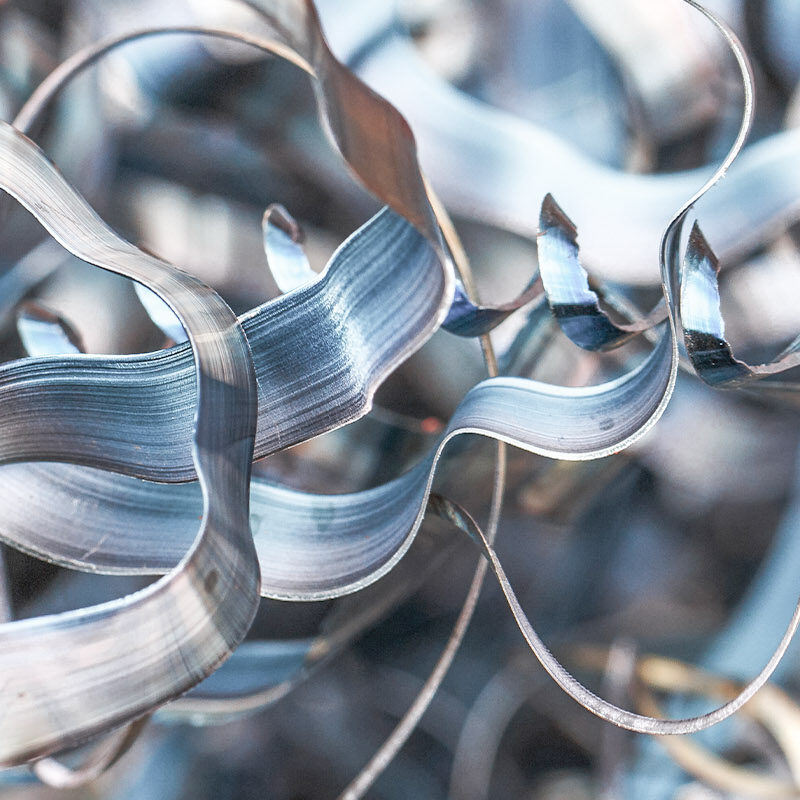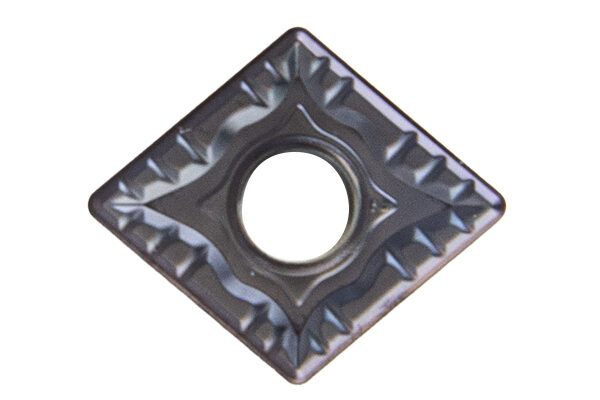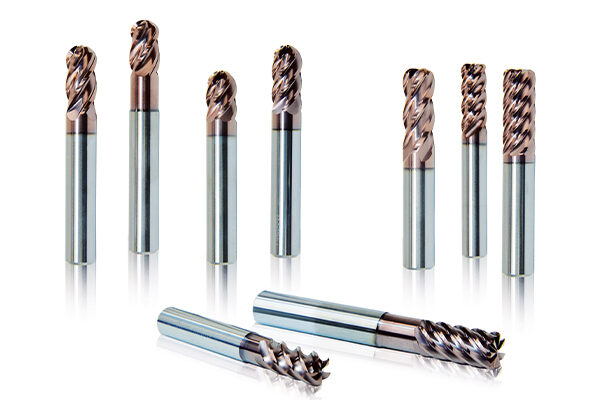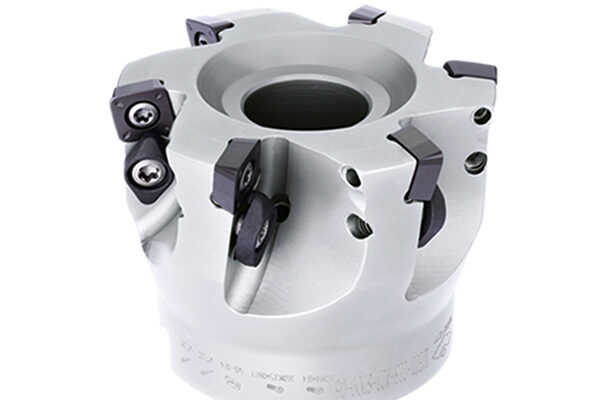Superalloys owe their enhanced tensile strength at higher application temperatures to the complex blend of base elements like iron, nickel, platinum, chromium, and cobalt.
It is significantly more expensive to produce superalloys than it is to make conventional steels, which is why they are primarily used in special, highly demanding applications where no other alternatives are available. For example, they are used in jet engines in the aerospace industry and in gas turbines for the energy sector. A highly specialized application for titanium is in hip replacements.
The most popular superalloys, which place enormous demands on the machine used to work them, include:
- Inconel 718: A heat-resistant alloy in the ISO S group (material number 2.4668) is reinforced with intermetallic precipitates and can withstand application temperatures up to 620°C. When machining Inconel 718, it is important to consider the issue of significant heat build-up, which is why tools with heat-resistant coatings are typically required. Burr formation also commonly occurs when machining the material.
- Hastelloy: Hastelloy C22 (material number 2.4602) is also part of the ISO S group of high-resistant alloys. Because of its high corrosion resistance, it is used extensively in the chemical, aerospace, and petrochemical industries. This superalloy is resistant to many corrosive media such as chlorine gas or dioxide. Key issues to consider when machining the material include extreme heat build-up, high cutting forces, and burr formation.
- Titanium: The ISO S titanium alloy Ti-6Al-4V (material number 3.7165) contains titanium as well as aluminum and vanadium. Key characteristics include a high strength-to-weight ratio and excellent corrosion resistance. It is used in the aerospace industry (compressor blades, housings, and screws for jet engines) and in the medical field (prosthetics). In addition to providing sufficient cooling, the chemical affinity of the titanium alloy, the high cutting forces required, and burr formation are all issues to consider when machining the material.
When machining superalloys like titanium, Hastelloy, and Inconel, it is important to take into account their material-specific properties. High cutting forces, for example, are required due to the composition of the alloys, which acts to increase the risk of strain hardening. Extremely sharp cutting edges are necessary to machine these materials. A disproportionately high amount of heat is additionally released when machining superalloys, which is why it is essential to have tools with a heat-resistant coating. If you are looking for reliable, precision machining solutions for superalloys, then ZCC-CT is your partner of choice. We offer machining tools for turning, milling, and drilling these challenging materials.










